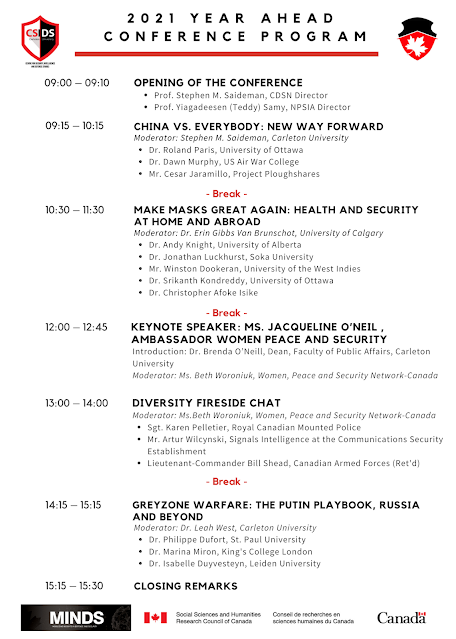Today, I was writing a letter of recommendation... tis the season. And I noodled around the directory where I keep them and realized I have 748 files in that directory. That is not equal to 748 letters, I realized, since my basic tendency is to write a letter in word and then turn it into a pdf. But not always, so I'd guess that I have written something like 500 letters over the course of 26 years. These cover a range from current/former undergrads to MA students to Phd students to junior faculty to peers. I haven't written recommendations for people senior to me, but pretty much every one else. To be clear, I have not recommended 500 different people, as some of these folks were my Phd students, which involved me writing dozens of letters for various jobs and fellowships, and, of course, many of those letters are nearly identical. Sure, interfolio saved me some work--a website that processes letters so I can send the letter there and then it gets sent to the various targets.
The real question, of course, is whether I have asked for 500 letters in the course of my career. Probably not, but being on the job market for much of my career and applying for heaps of fellowships ... hmmm. In the old days, when I was a grad student and then a very junior faculty member, my recommenders would send the letters to where I got my Phd, and their staff sent those letters to the 40-50 places I would apply every year to get my first job/second job/third job.
So, yes, this is very much about paying it forward. I needed letters to do what I wanted to do, so I write letters to help folks as they try to find their way. Yes, I have tried to discourage aspiring law students and Phd students due to crappy job markets, but they don't listen so I write the letters. I have only refused to write a few times because there is often a spot on the form that asks if I would admit them to my place. If I can't honestly say yes to that, then I tell the student to hunt elsewhere for a letter. The few times that has happened have not been fun conversations which kind of proved that my stance was the correct one.
I do not ask for anything in return. A friend of mine did ask his recommendees to give him good rate my prof scores. Sometimes, I have gotten gifts. I don't expect them. I do want to get one thing from those I recommend--news: what happened to them? Did they get in? Did they go? How did it go? While I remain in touch with all of my PhD students, I don't know what happened to every MA student or every undergrad. I occasionally bump into them on twitter or at a government building in Ottawa.
We profs tend to whine about writing letters of recommendation because they are ... work. To do it well takes some time even if one discovers some cheats. My way to cut corners is to ask the students for a few adjectives that I could have possibly witnessed and examples of how I could have witnessed them. I borrowed this from Paul Dawson, a prof at Oberlin I was too scared to take. Students vary in how well they follow my instructions with some not really knowing what kind of attributes admissions committees care about, so I adjust along the way. The letters tend to be due at awkward times, conflicting with the other things we juggle. So, we complain. And we wonder how many letters are truly necessary. Does my supervisor really need to be recommended for stuff 40 years into his career? Doesn't the CV tell the tale?
We don't owe any particular student a letter--if I can't recommend someone, I won't. But we do owe our students the help they need to succeed, when we can provide that help. The satisfaction comes far later, when we hear what has happened to these folks. So, my recommendations to those seeking recommendations:
- Ask politely, giving your letter-writer plenty of time to write the letter. Give them whatever info they ask for to do the letter.
- Remind them a few days before the deadline as profs are, yes absentminded.
- Let them know if you got in. And let them know if you had a good experience wherever you landed. If we learn that the place you went is awful, well, you can pay it forward as well.
Good luck. We know it is far tougher now than it was when we started out. Sorry about that.

















